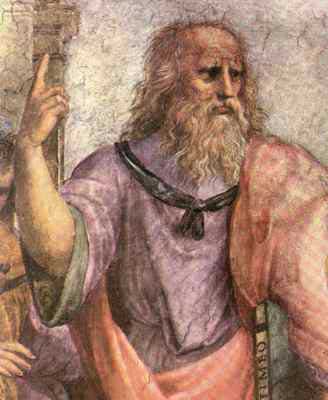“The safest general characterization of the European philosophical tradition is that it consists of a series of footnotes to Plato.”
— Alfred North Whitehead

“The safest general characterization of the European philosophical tradition is that it consists of a series of footnotes to Plato.”
— Alfred North Whitehead
Plato is one of the most brilliant and far-reaching writers to have ever lived, whose influence is felt whenever and wherever his works have been studied. Our very conception of philosophy—of rigorous thinking concerning the true situation of man, the nature of the whole, and the perplexity of being—owes a great debt to his work. [Read More]
Although Plato’s ideas may be invisible, the quest for wisdom and the experience of philosophy remain rooted in daily life and practical concerns, and philosophy may be brought to bear on political and moral questions. [Read More]

How should one begin to study Plato, and what key themes emerge in that first study? Mark Blitz of Claremont McKenna College explains.